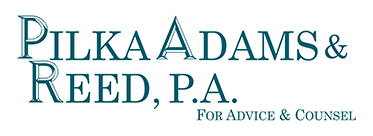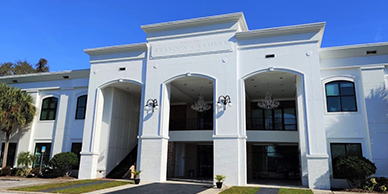Many Florida homeowners have children, either minors or adults, whom they might want to take over ownership of their home when they die. Many people have been led to believe that it is always best to avoid probate by gifting a house to a child or by adding his or her name to the deed. There are several reasons why it is better to incorporate a house into the estate planning process as an inheritance.
A house is often an estate owner’s largest asset. While it might seem prudent to add an adult child’s name to a deed or to place a house in trust for a minor, there are downsides to transferring ownership this way. The probate process might take longer, but there are tax benefits to bequeathing a house as part of a last will and testament.
Bequeathing a house means lower taxes
If a person sells an asset, such as a house, he or she must pay a capital gains tax on the profit. For instance, if a home was purchased for $100, 000 and sells for twice that amount, the seller will owe tax on the appreciated $100,000 that home increased during the seller’s ownership. If a house is placed in trust or gifted to an adult child, and he or she sells the home, a capital gains tax will be incurred.
On the other hand, if an adult child inherits a Florida home as an heir to an estate, there is a term known as ”stepped-up tax basis,” which becomes relevant. It is a term that basically means there is no tax on the appreciated value (as of the decedent’s date of death) of a house or other asset when it is sold. Estate planning issues like this can be complex. Meeting with an estate law attorney helps ensure that a homeowner can devise a plan that best fits his or her needs and goals.

